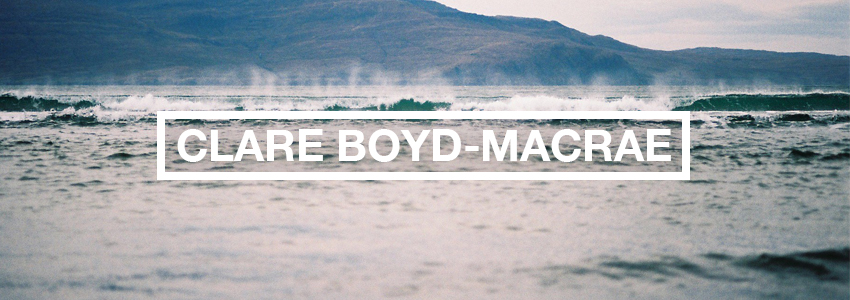Back in the Sunday Age with a faith piece
 Sunday, June 10, 2012 at 06:11AM
Sunday, June 10, 2012 at 06:11AM My reasons for being a Christian have never had much to do with what might happen after death; rather, my faith helps me live in this present life.
How does it do that? The portrait of Jesus in the Gospels attracts and compels me – that is the kind of human I most want to be. The relationship I have with God through prayer and meditation is a daily reality and the source of anything I manage to do lovingly. The Christian community I am committed to helps me to try and live a little more like Jesus did. Nowhere, in any of that, is the thought of some kind of eternal reward. If God is perfect love, as I believe, then whatever does or doesn’t happen after we die will be okay.
But I do sometimes ponder what might happen to our souls, our essence, after physical death. If there is something good after death – and my faith prompts me to suspect there is – I wonder if it will be like the very best idea of home.
A friend of mine who is gravely ill with cancer recently wrote of his deep joy at being allowed home for a fortnight between treatments. My husband is often away for work; when he gets back, there is a sense of deep relief at being home. If we are lucky, home is where we love to be after travels, no matter how exciting; after a long, hard day; after an awkward dinner party. It is where we can be utterly ourselves, accepted, comfortable and able to drop the masks that are often part of social living.
I’ve lived in two different countries, so I’m never exactly sure where home is. My dad and one son live in another hemisphere, so I am always separated from somewhere and someone I love deeply. In my faith-informed imagination, ‘heaven’ will be a place that brings all my homes together in completeness – the places I feel I belong and all the people I love, including those who have gone before me. In ‘heaven’, I will have time to be with all these people, and the complications that prevented us from being truly loving with each other will no longer exist.
Most of all, in ‘heaven’, I will be more completely at home with God. I ‘talk’ to God every day of my life, but am constantly frustrated by God’s apparent inaccessibility. After I die, I yearn to be close to God in a way that is impossible this side of death.
‘Nostalgia’ is used to refer to a longing for the past, often an idealised one. The Greek root of the word includes the word for homecoming. I’m no linguist, but I wonder if there is a word to describe the longing for the complete home that lies in the future. For now the word that will have to do is ‘faith’.
 Clare |
Clare |  4 Comments |
4 Comments | 